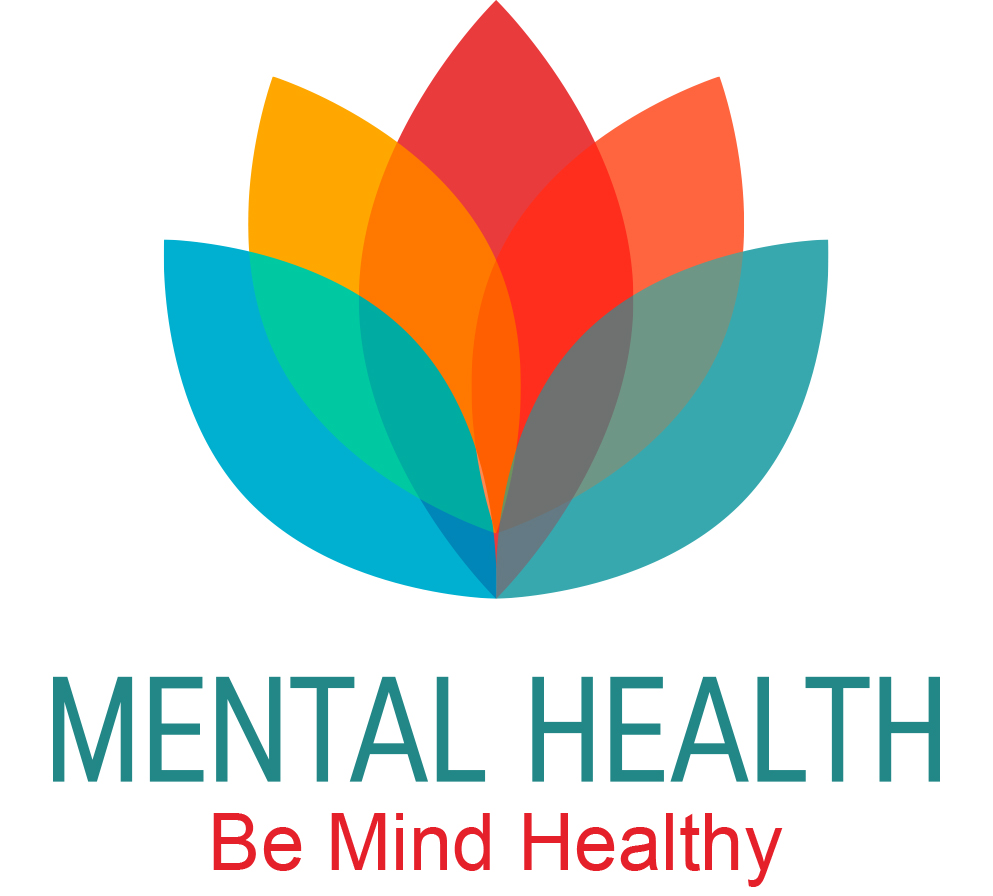
What happens at the intersection of mental health and one’s experience as a member of the Black community? While the experience of being Black in America varies tremendously, there are shared cultural factors that play a role in helping define mental health and supporting well-being, resiliency and healing.
Parts of this shared cultural experience — family connections, values, expression through spirituality or music, reliance on community and religious networks — are enriching and can be great sources of strength and support.
However, another part of this shared experience - being subject to racism, discrimination and inequity- can significantly affect a person’s mental health. Being treated or perceived as “less than” because of the color of your skin can be stressful and even traumatizing. Additionally, members of the Black community face structural challenges accessing the care and treatment they need. READ MORE
Overall, mental health conditions occur in Black and African American (B/AA) people in America at about the same or less frequency than in White Americans. However, the historical Black and African American experience in America has and continues to be characterized by trauma and violence more often than for their White counterparts and impacts emotional and mental health of both youth and adults. (See prevalence statistics below).
Historical dehumanization, oppression, and violence against Black and African American people has evolved into present day racism - structural, institutional, and individual – and cultivates a uniquely mistrustful and less affluent community experience, characterized by a myriad of disparities including inadequate access to and delivery of care in the health system. Processing and dealing with layers of individual trauma on top of new mass traumas from COVID-19 (uncertainty, isolation, grief from financial or human losses), police brutality and its fetishization in news media, and divisive political rhetoric adds compounding layers of complexity for individuals to responsibly manage. READ MORE
Source: Mental Health America
